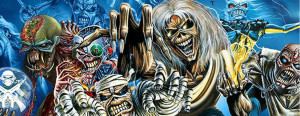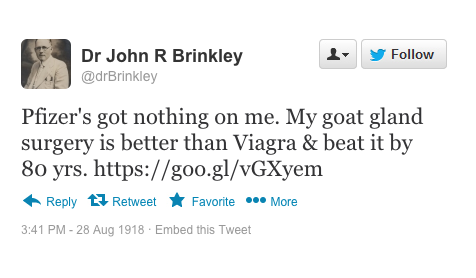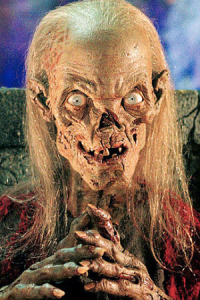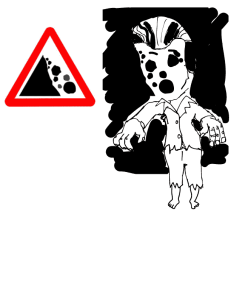
Well, it is week two of Digital Storytelling and the theme this week is Welcome To My Nightmare. Speaking of nightmares, last night I had one. I woke up heart a-pounding and yelling out as a zombie was eating my face. I think it used to really bother my wife when this happened, but now she just wakes me up & tells me to knock it off. It’s quite a relief to realize your face isn’t actually being eaten.
I went to a PTSD workshop just before school started. We have a lot of veterans on campus and they wanted the faculty to be familiar with what to expect. As a combat veteran myself, there was a point in the presentation I really had to resist the urge to get up and leave. I’ve never been diagnosed with PTSD, but the symptoms they described sounded familiar. Evidently, people having prior traumatic events can be pushed into PTSD with later events. I didn’t know that, but it explained a lot about me. I’ve had nightmares off and on my whole life,(possibly related to a childhood trauma I experienced) although they have slowed down quite a bit in recent years. I think the theme of our storytelling class might be stirring the pot of my mind a bit.
So I wanted to take a moment for a note to my students sharing what Paul and Jim in a DS106 section at UMW have to say:
A few students expressed some concern over some of the content of this course. We suggest that you approach the recommended stories analytically, rather than reading/watching/listening to them as entertainment. Consider the techniques being used to convey the story. What do the authors do to get reactions from their audience? How do their techniques impact our emotions? How might you employ those techniques? Taking that approach might make the media a little less scary. Anyone who has serious concerns about the content should let us know.
This also holds true for my students. If you have serious concerns about the content, let me know. You aren’t talking to an unsympathetic ear here. The bad dream I had this morning really happened. But do think about viewing this subject from an analytical point of view. Please consider the techniques used by the author to gain and hold the attention of the audience. And also consider the question of why does the audience purposefully subject themselves to this genre? If you step away and view things from a critical/analytical perspective, it may actually help you to be less affected by things.
Therefore, I will press ahead, because I’ve been thinking a lot about the purpose of scary movies. Why do we love them? For me, it is sort of a rush similar to that offered by a roller coaster. You feel like you are putting your life in danger when you experience roller coasters and scary movies.
Dr Marvin Zuckerman explains the psychology of Horror Movies and how this genre has become more and more intense over the years:
Now if you’ve read at least the intro to Stephen King’s Danse Macabre book, you know that he thinks the sort of people who enjoy horror movies and stories (sensation-seekers) are a special breed. They aren’t living life in the same way as ordinary people. To King, they live life more fully, acknowledging human frailty, but charging ahead anyway, fully cognizant of the risks.
If you look around the Big Think website, Dr. Zuckerman has a lot to say about the psychology of sensation-seeking. Of particular relevance to storytelling, Zuckerman says that sensation seeking is related to creativity. I suspect that this is one reason why Stephen King holds his fans in such high esteem. They tend to be creative.
Another reason I think it is good to like scary stories is that it forces us to face our own mortality. Maybe not everyone responds in this way, but I do. Our lives are of finite, relatively short lengths. Let us do the most we can do to live meaningful lives. People can be here today and gone the next day. So let us also treat each other with great dignity and care.
There’s a book by Og Mandino I read many years ago that I highly recommend entitled A Better Way to Live. Like I said, it has been a long time since I read it, but the one takeaway that has stuck with me all this time is his suggestion to treat every person you meet like you secretly know that today is their last day on Earth. How differently would we treat people if we knew in advance that they would be dead tomorrow? Mandino’s point is that we can’t know this in advance, but it could happen. Perhaps it’s even happened to you – losing someone and you might have treated them differently if you had known the end was coming.
Well, horror stories can put this knowledge of human mortality right up front and center for us. We can respond by cowering in fear for our lives, or we can respond by deciding since our time is short we will make the most of the time that we have, and treat others the most absolute best we can as well.





